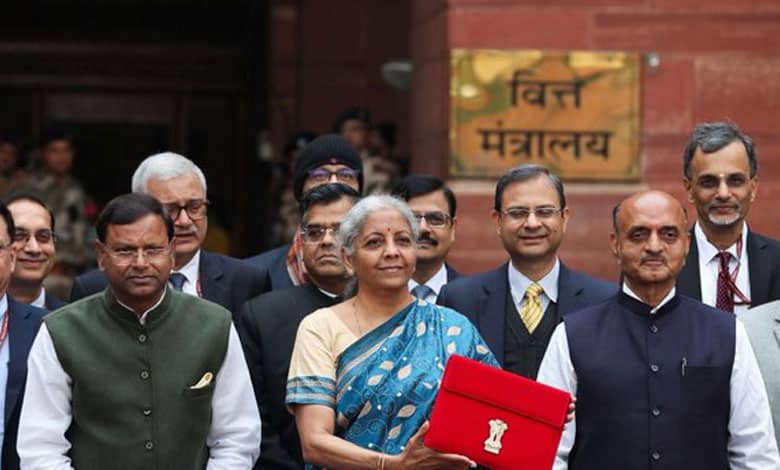Interim budget focuses on fiscal prudence: JLL Chief Economist
The interim budget for 2024-25, presented by Finance Minister Nirmala Sitaraman in the Lok Sabha on Thursday, stopped short of making big bang announcements but focused on fiscal prudence to keep fiscal deficit target at 5.1 percent, said Dr Samantak Das, Chief Economist and Head of Research & REIS, India, JLL.

Hyderabad: The interim budget for 2024-25, presented by Finance Minister Nirmala Sitaraman in the Lok Sabha on Thursday, stopped short of making big bang announcements but focused on fiscal prudence to keep fiscal deficit target at 5.1 percent, said Dr Samantak Das, Chief Economist and Head of Research & REIS, India, JLL.
It however, continued to push the growth agenda Dr Das said in a release while reacting on the Interim budget
He said the fiscal prudence with continuity of focus areas – housing and infrastructure in the interim budget sets the tone for the future.
The infrastructure capex outlay augmentation to 3.4 percent of GDP will have a multiplier effect, the Chief Economist said and added that the focus on creating multi-modal connectivity through new rail corridors, airport and road infrastructure enhancement will support the overall logistics ecosystem while fostering new growth corridors.
The announcement on a housing scheme for the middle-income group and the construction of 20 million homes in rural areas is also positive news for the real estate and allied sectors while spurring the housing for all agenda even further, he said.
The announcement on creating and enhancing tourist centres and a ranking framework based on support infra creation will bring hospitality-related development in sharp focus while creating the need and opportunity for associated RE development (holiday homes, second homes, commercial and social infrastructure) in such locations. The same holds true for improving island tourism, Dr Das said.
The creation of an interest-free fund for supporting R&D and innovation will propel the self-sufficiency and Make in India agenda even further.
Supporting investments – domestic as well as FDI, through the extension of tax benefits till 2025 to startups and investments by sovereign and pension funds will continue to spur private investments which remains a focus area, he added.
